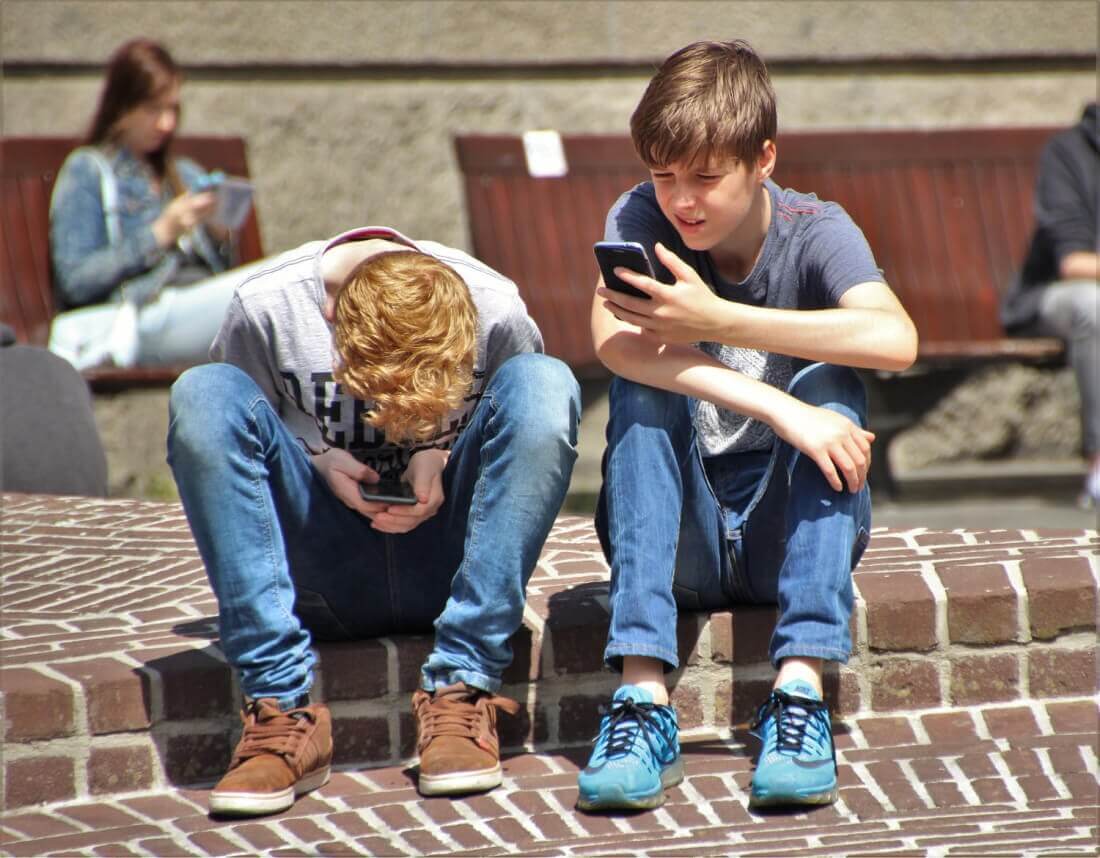In brief: As part of their efforts to curb time spent staring at devices, many people use screen-tracking apps which give alerts and statistics on phone usage. But since implementing tools of their own, Apple has started taking action to limit or ban third-party apps under the guise of privacy protection.
Whether or not you agree that smartphone addiction is a real condition, there's no denying that some people spend many hours a day staring at their phones. In efforts to reduce their own usage, some have turned to screen-time tracking apps that notify users when they have clocked up more hours than they would like to.
With iOS 12, Apple included their own screen-tracking functionality. But since then, they have also been quietly taking action against third-party app makers, effectively forcing the competition out of business. The New York Times reported yesterday that in the last year, "Apple has removed or restricted at least 11 of the 17 most downloaded screen-time and parental-control apps" from the App Store.
Speaking to the Times, Apple spokeswoman Tammy Levine said, "we treat all apps the same, including those that compete with our own services." But that seems somewhat suspicious, given the timing of their action against screen-time trackers.
Given Apple's curatorial role as owner of the App Store, they will have verified and approved dozens, if not hundreds, of versions of each offending app before deciding this year that such apps breached their terms and conditions.
One such app was Freedom, a screen-tracking app with almost a million downloads. Freedom's exec, Fred Stutzman, said Apple's "incentives aren't really aligned for helping people solve their problem. Can you really trust that Apple wants people to spend less time on their phones?"
The Times reports that at least two of the affected app makers, Kidslox and Qustodio, have filed a complaint with the European Union's competition office. Don't be too surprised if others follow suit.
